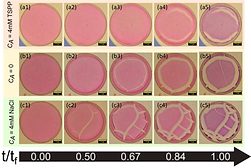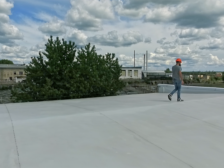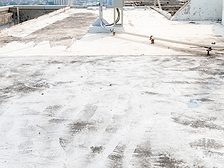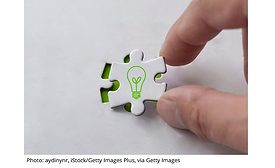Home » Keywords: » Concrete Coatings
Items Tagged with 'Concrete Coatings'
ARTICLES
Keep the info flowing with our eNewsletters!
Get the latest industry updates tailored your way.
JOIN TODAY!Copyright ©2025. All Rights Reserved BNP Media.
Design, CMS, Hosting & Web Development :: ePublishing








